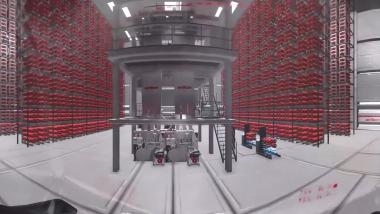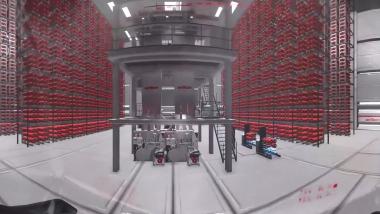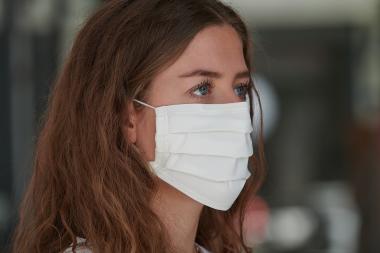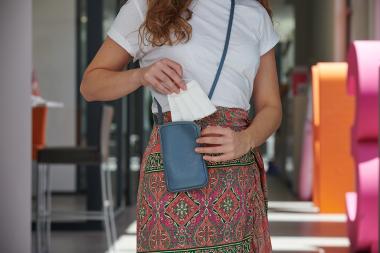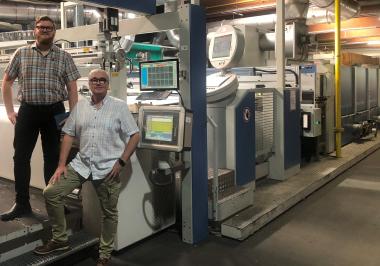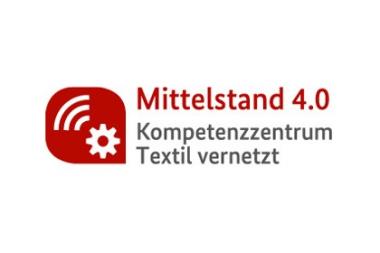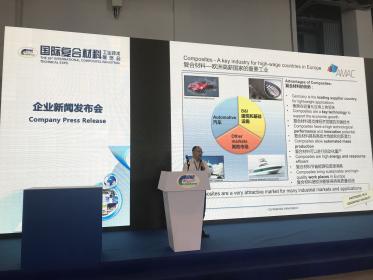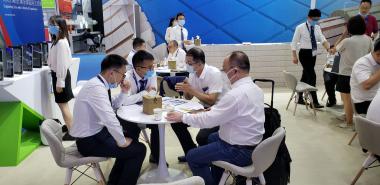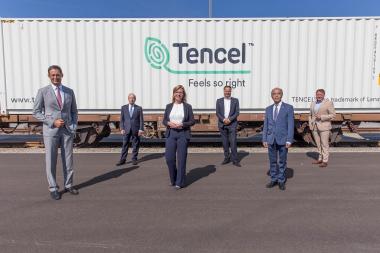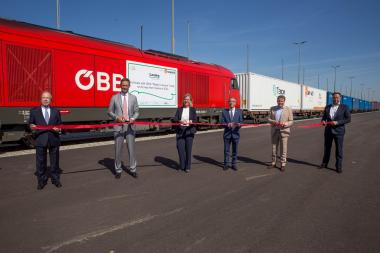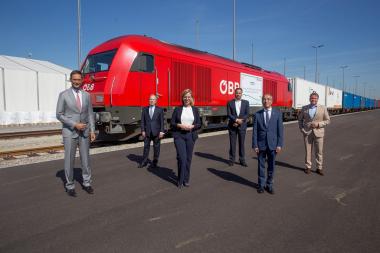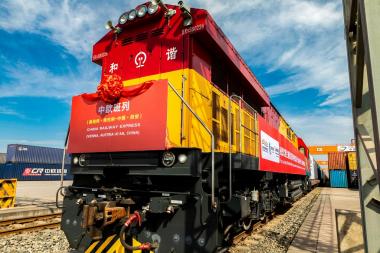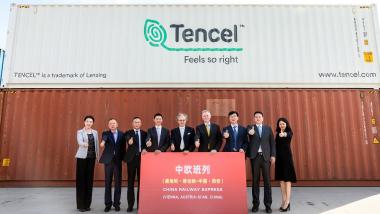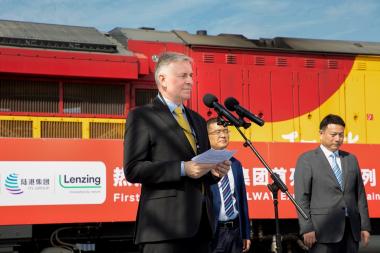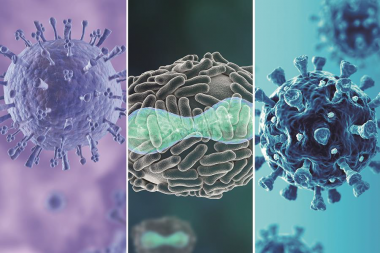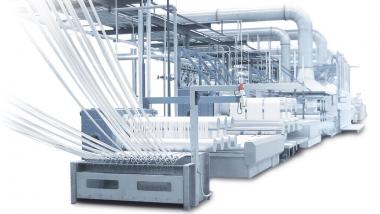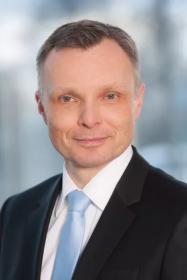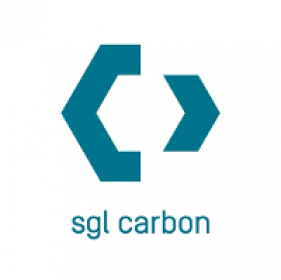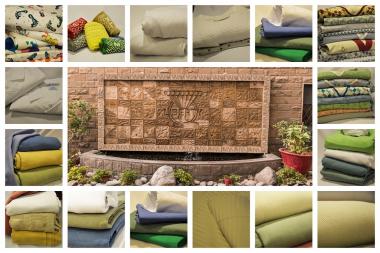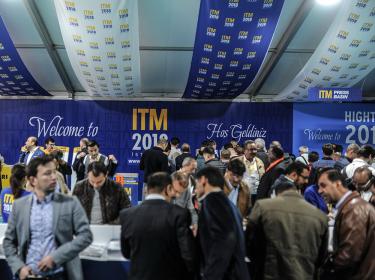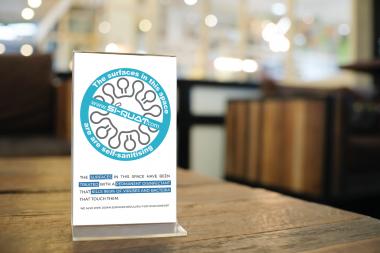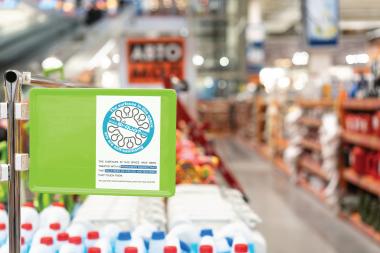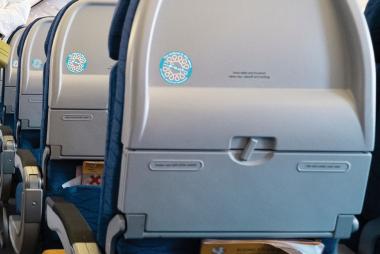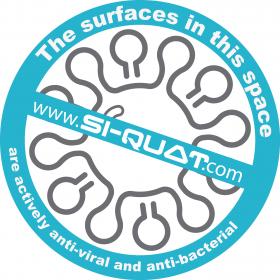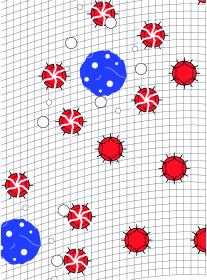Oerlikon at Innovate Textile & Apparel Virtual Trade Show
The textile machinery industry is eagerly awaiting the start of the virtual trade show "Innovate Textile & Apparel". What and how will the more than 160 exhibitors present themselves virtually? How will the approximately 10,000 registered visitors accept the digital offer? WTIN is breaking new ground as organizer with this platform. But one thing is already certain: From 15 to 30 October 2020, they will bring the textile machinery industry a little closer together again in the Corona Pandemic. Oerlikon invites all visitors to take a look into the future of manmade fibers production and get to know the comprehensive range of products and services.
"Reconnecting innovation in the textile & apparel value chain" is the motto of WTIN's virtual trade show. And Oerlikon intends to more than live up to this motto. With more than 50 active experts from sales, customer service and technology as well as partners from its international network of representatives, the Manmade Fibers segment of the Swiss Oerlikon Group will try to be represented around the clock. "It is an interesting experiment for all of us and we would like to see it succeed," explains André Wissenberg, Head of Marketing, Corporate Communications and Public Affairs. "Our aim is to meet our existing customers again, make new contacts and see 'old friends' from the industry. We have prepared an attractive digital offer for them all. Those of you who missed our roller coaster ride in Barcelona last year can now enjoy the journey through time in peace and quiet from your home office on your digital tour of the fair. And, there are no more waiting times either," promises Wissenberg.
Factory know-how from a single source
From Melt to Yarn, Fibers and Nonwovens. From the polycondensation and the processing of PTA and MEG as well as the extrusion of, for example, recycled polyester chips all the way through to hundreds of thousands of packaged and stored or directly-delivered textured bobbins for a market within the textile industry worth billions. From the planning and construction of highly complex production plants to the engineering of large-scale plant projects and competent customer services. This business model runs like a red thread through the self-conception of the Manmade Fibers segment of the Swiss Oerlikon Group. The right partner, especially – but not exclusively – for newcomers to the textile industry. "With us they get everything they need for a successful business: Factory know-how from a single source. And that's what we would like to show our visitors at our virtual trade fair booth," says Wissenberg.
Innovate Textile & Apparel Virtual Trade Show Innovative Apparel Show Covid-19 Manmade Fibers segment
Oerlikon






